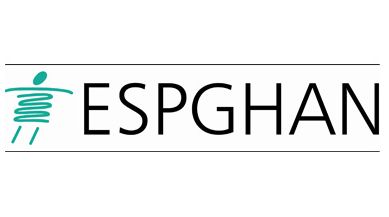 In cases where conservative interventions have failed, bariatric surgery can improve obesity-related health issues and liver disease in severely obese adolescents and children, according to a paper titled “Indications and Limitations of Bariatric Intervention in Severely Obese Children and Adolescents With and Without Non-alcoholic Steatohepatitis: the ESPGHAN Hepatology Committee Position Statement,” published in the Journal of Pediatric Gastroenterology and Nutrition.
In cases where conservative interventions have failed, bariatric surgery can improve obesity-related health issues and liver disease in severely obese adolescents and children, according to a paper titled “Indications and Limitations of Bariatric Intervention in Severely Obese Children and Adolescents With and Without Non-alcoholic Steatohepatitis: the ESPGHAN Hepatology Committee Position Statement,” published in the Journal of Pediatric Gastroenterology and Nutrition.
Since bariatric surgery, one of the go-to surgical procedures for weight loss/management, can imply serious complications, a panel of experts recommends that the procedure should be reserved for carefully selected groups of children that suffer from morbid or severe obesity and some associated medical conditions. These recommendations are explained in this new paper, whose author is the ESPGHAN Hepatology Committee, guided and led by Valerio Nobili.
Twelve European experts in pediatric liver conditions comprise the Committee, and they are responsible for reviewing and evaluating the available information on bariatric surgery for obese adolescents and children. Obesity has increased among children and, consequently, obesity-related diseases such as nonalcoholic fatty liver disease (NAFLD) and type 2 diabetes have experienced an increase in prevalence as well. The best treatment for these conditions is weight reduction through alterations in lifestyle and diet, however, long-term results can sometimes be disappointing.
This caused a growing interest in bariatric surgery as another way for weight reduction in adolescents and children. “Recent evidence suggests that in carefully selected patients an early intervention by bariatric surgery can strongly reduce the risk of adulthood obesity and obesity-related diseases, including NAFLD,” noted Nobili and his team.
However, the appropriate use of this surgery in children remains unclear since there is little knowledge and research on it. Experts suggest a standardized strategy to bariatric surgery in pediatric patients; that it should be limited to “those with body mass of 35 or higher (severe obesity), with severe NAFLD or other obesity-related medical conditions; and those with body mass index 40 or higher (morbid obesity), and mild medical conditions,” as it can be read in the press release. Other factors such as “physical and psychological maturity, desire to undergo the procedure, previous attempts at weight loss, and ability to comply with follow-up medical care,” should also be taken into account.
Gastric bypass procedures, intragastric balloon, sleeve gastrectomy and laparoscopic adjustable gastric banding should be considered investigational in children and adolescent patients. Data regarding these patients undergoing any kind of these procedures should be registered carefully until formal outcome studies are conducted.

